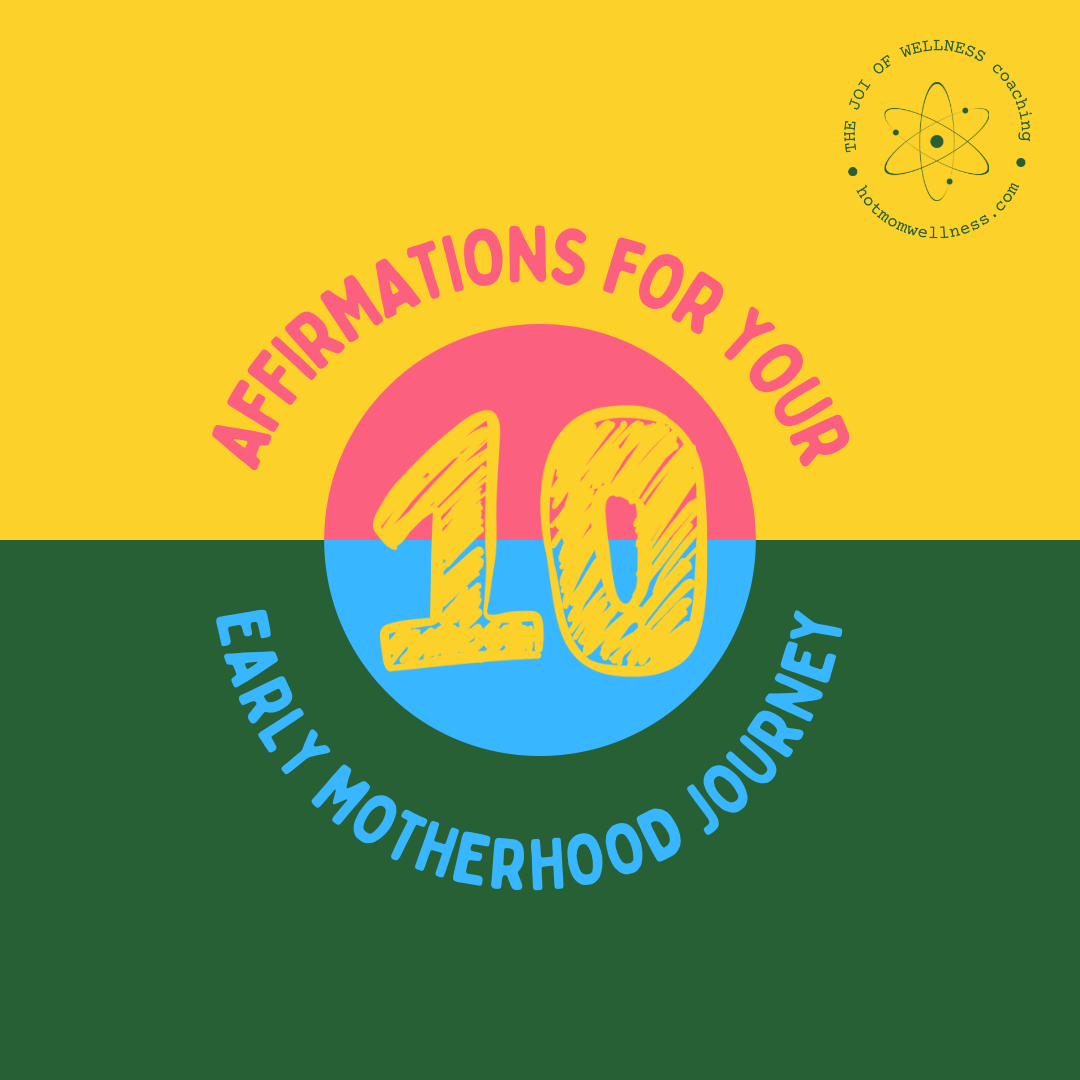“Why didn’t anybody tell me about this sh*t!?!”
— Every first time mother ever
Motherhood is one of the most beautiful and rewarding experiences a woman can have, but it is also one of the most terrifying and unnerving things someone can go through.
During my son’s first year of life, I found myself constantly asking:
“Why is there not a place where mothers can go for quality, judgement-free advice and tips on motherhood?”
So I decided to create one.
Here you’ll find a plethora of articles on all things parenting.
From nutritional guidelines to product recommendations to mom hacks to plain old “how to stay sane while raising a toddler” advice.
We need a safe space for moms to go with their questions without the fear of judgement or unwanted, forced opinions.
FREQUENTLY ASKED MOTHERHOOD QUESTIONS
Q: Why is my baby not sleeping well all of a sudden?
Two words. Sleep regressions. These are periods when a baby who previously slept well suddenly starts waking more frequently during the night or has trouble napping. These regressions are often linked to developmental milestones and growth spurts. These usually happen around 4 months, 6 months, 8-10 months, 12 months, 18 months and 2 years of age.
Q: I’m pregnant and I can’t poop! Help!
Magnesium is crucial during pregnancy as it helps alleviate common discomforts such as leg cramps and constipation. Leg cramps (or restless leg syndrome) often experienced by pregnant women, can be eased by magnesium and its muscle-relaxing properties. Additionally, magnesium aids in regulating bowel movements, preventing constipation, a frequent issue during pregnancy. And if that’s not enough, magnesium helps in fetal development, reduces the risk of pregnancy complications like preeclampsia, and helps maintain stable blood sugar levels, contributing to overall maternal and fetal health. Being sure to get enough magnesium, whether it be through diet or supplements, can make you a lot more comfortable during pregnancy and aid in your baby’s development. Be sure to speak to your healthcare provider before starting new supplements or medications.
Q: How much protein should my child be eating?
Toddlers (age 1-3): 13g
Children (ages 4 - 8 years): 19g of protein
Children (ages 9 - 13 years): 34g of protein
Teen Boys (ages 14 - 18 years): 52g of protein
Teen Girls (ages 14 - 18 years): 46g of protein
Q: When should I start introducing food to my baby?
It's generally recommended to start introducing solid foods to your baby around 6 months of age. At this age, babies are typically developmentally ready for solid foods as their digestive system matures. It's important to introduce a variety of foods gradually, with emphasis on fruits and vegetables, starting with single-ingredient purees and soft foods. Remember to consult with your pediatrician for guidance tailored to your baby's specific needs and development.
Q: When should I start working out again after having my baby?
After having a baby, it's important to ease your way back into exercise gradually. Healthcare providers typically recommend resuming exercise about six weeks postpartum, but this can vary based on individual recovery and the type of delivery you had. Consulting with a healthcare provider before resuming physical activity is crucial to ensure it's safe for your specific situation. Beginning with low-impact activities, such as walking, gentle stretching and core rebuilding exercises, helps rebuild strength and stamina without overloading your body. From there, you can gradually increase the intensity of your workouts over time to prevent injury and continue to progress on your fitness journey. Listening to your body and getting good rest (or as good as you can get) are key components of a successful and sustainable return to exercise postpartum. If you need help or guidance when it comes to postpartum fitness, don’t hesitate to reach out! I’d love to help you!
Q: Why do I feel so sad?
Let’s start by saying your emotions as a new mom will ebb and flow. This shit is hard! Between the constant feedings, sleepless nights and trying to figure out what’s wrong with a tiny human who has no idea what’s wrong with themselves, it can be exhausting! But if your sadness feels suffocating, like you just can’t shake it, you could be dealing with postpartum depression. PPD is a serious condition that affects many new mothers, typically emerging within the first few weeks after childbirth but it can occur anytime within the first year and even beyond. Recognizing the signs is crucial for seeking timely help and support. Read more about the signs and symptoms of postpartum depression in the blog!
Check Out More on the Blog









